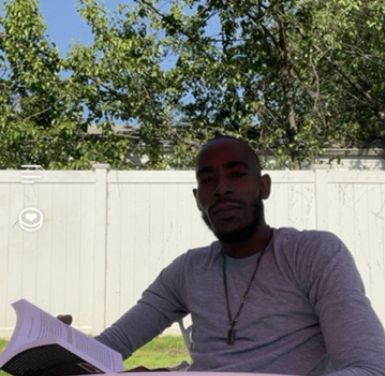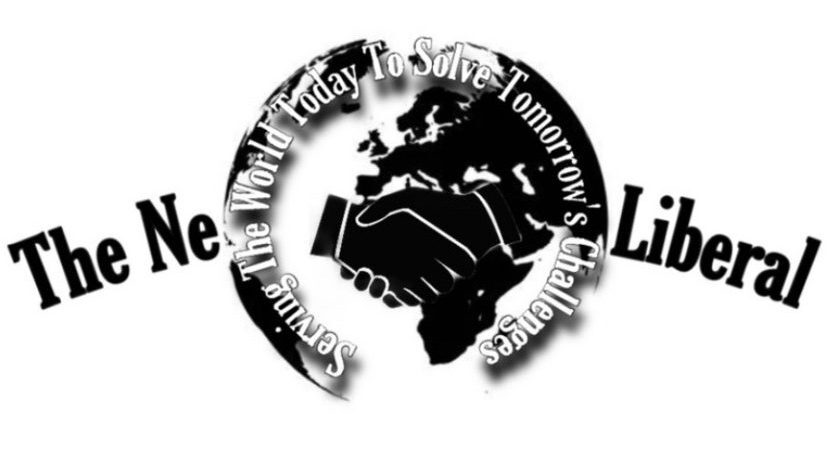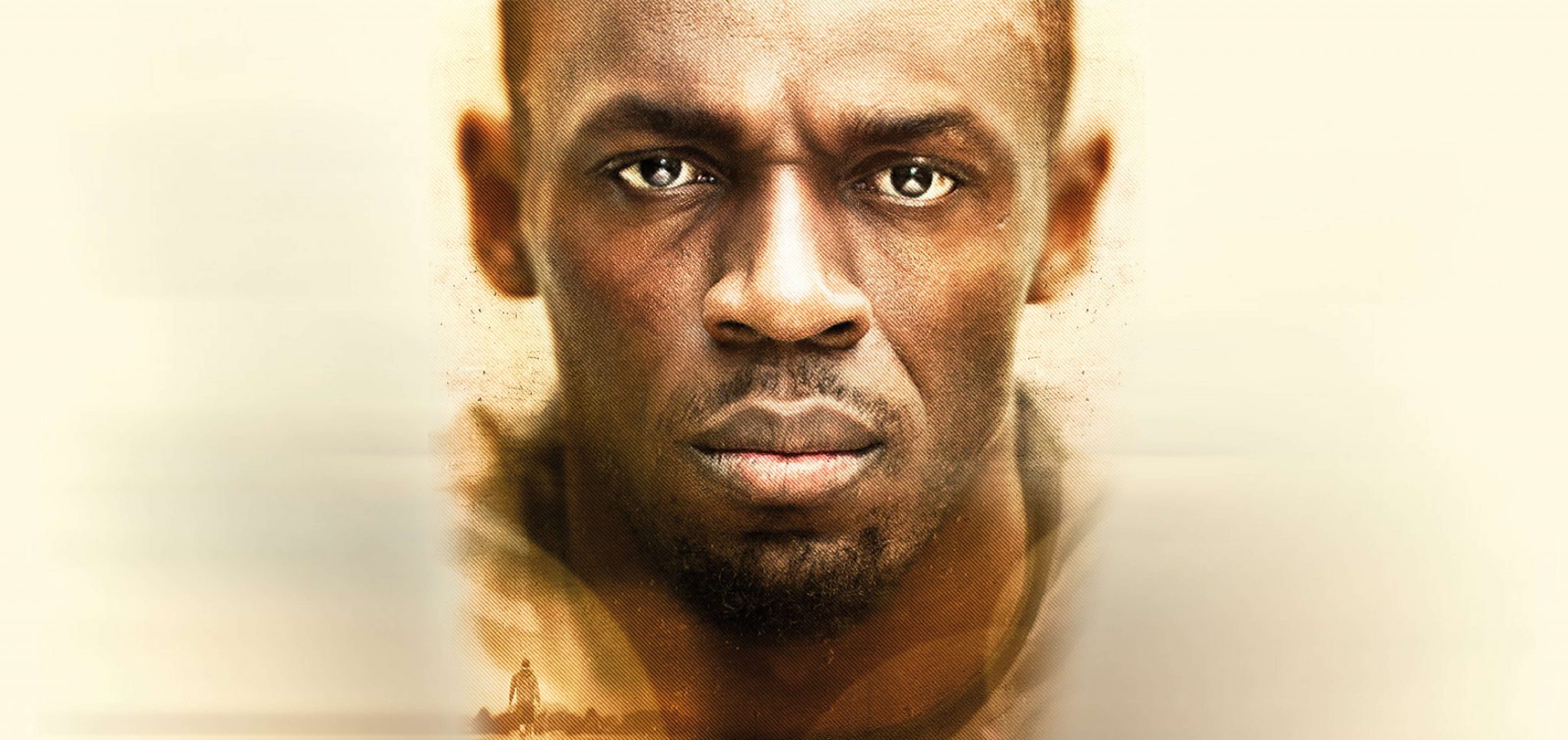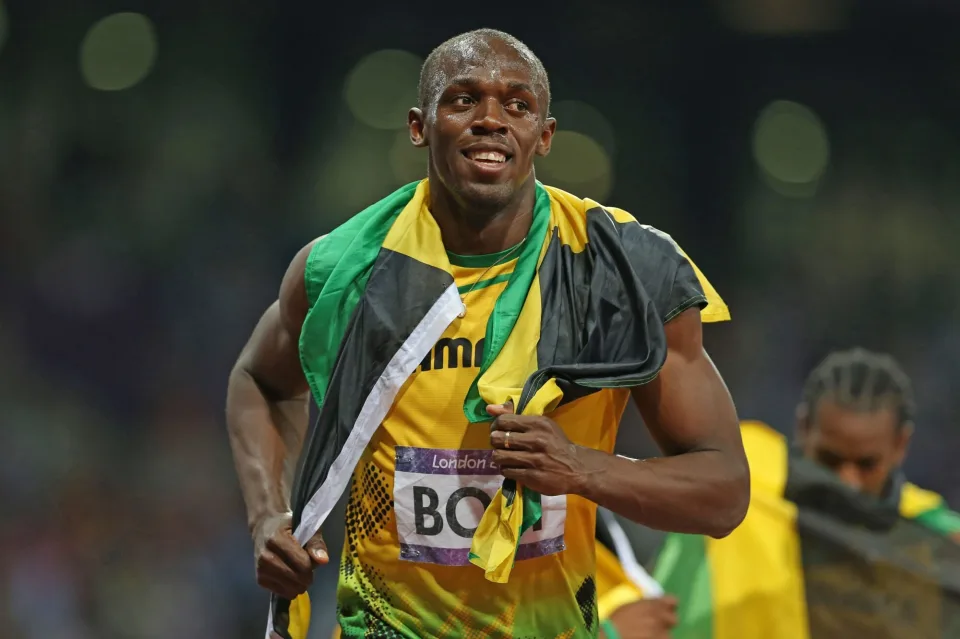I understand from the students in my Caribbean Thought Class at the Jamaica Theological Seminary that twelve million dollars was stolen from Usain Bolt’s account in a Jamaican Financial Institution; a case of the White-Collar Crimes. (Usain Bolt is the Jamaican-sprinting sensation who is a two-time world record holder at 100m and 200m distances/UsainBolt.com) A student from the class asked if the white-collar crimes occurring in Jamaica a result of colonization since we are studying Caribbean history, past present and exploring opportunities for the future. Therefore, as a class we reflected on this challenge in Jamaica and many Caribbean Countries in light of the broader issue colonization and the challenge of the Caribbean since decolonization and the presence of neoliberal globalization promoting neo-capitalistic attitudes of greed, nepotism and corruption. Below is a brief outline of the discussions which is part of a wider lecture on Conceptualizing the Caribbean Towards Developing a Caribbean Thought Academic Journal.
Usain Bolt. Image Source: Yahoo Entertainment in a Story entitled: Usain Bolt’s Lawyers Threaten Lawsuit Claiming $12.7 Million Is Missing from His Investment Account by Natasha Dye Jan. 20, 2023. Image by Ian MacNicol/Getty
REFLECTIONS AND RESPONSE TO A QUESTION FROM A STUDENT IN CARIBBEAN THOUGHT ON CURRENT BEHAVIOR AND COLONIAL PAST:
Is the “White-Collar Crimes” [1] occurring in Jamaica where the rich are having their monies in banks stolen as a result of colonization? Many wealthy Jamaicans have seen hundreds of thousands of dollars leave their bank accounts, Usain Bolt lost $10, 000,000.00. Law Enforcement on the island is investigating but no one has been held responsible. This may seem to stem from a culture of corruption [2]. Yet, a student raised the issue in Caribbean Thought Class and asked, “does the behavior stem from Colonization?”
Colonization meaning, the periods in the world’s history where Europe and the created privileged White Race engineered and successfully completed a systematic take-over, domination and control of the parts of the world and peoples – in Africa and the Americas. This involved what Fanon had called the depersonalization of the colonized (systematically controlled) man and woman so as to project all things within a European or Anglo-Saxon white supremacist milieu. The question is provocative and provides for a deeper reflection within academic thought that considers human nature, practices and the ultimate.
The issue of theft and white collar killings there is white collar crime and blue collar crimes. Blue collar crimes once carried heavier penalties and weight. But these – white collar crimes are experienced by the “wealthy” who have worked for what they have. Yet, can they afford to lose any more of their earnings and share it with the rest. We talk about taxing the rich, would you share your wealth or would you allow it to be stolen? Yet, can they afford to lose it and share it with the rest, loosening their advantage and grip? However, the accumulation of wealth does not necessarily come from hard work and labor within the capitalist society as we are made to believe when we read “wealth of Nations.”[3] Jean Baptiste-Colbert of France, was said to have influenced Adam’s Smith which has informed the idea of capitalism in western civilization. Later, Max Weber continued Adam’s inquiry and observation when he wrote the Protestant ethic and the spirit of capitalism, asserting that religious principles, such as Calvinist but more so Arian theory of salvation linking the notion of work to rewards. However, Karl Marx, in Das Kapital, challenges this inquiry which has come to be the socio-economic doctrine of western societies and the Caribbean States (whom we had described again as dependent, but with some amount of modernity and high income inequality). Marx re-examines this socio-economic history devoid of the violence that has largely propped up the wealthy and dominant classes. Trotsky picks up this Marxist theme to explore the tension and struggle in societies between classes contending for dominance. But is this short-sighted? Is it just for dominance for equality and independence to access what has been stolen or has escaped them through theft and laws that protect theft by a people who we now call elites. In fact, if you were to look at some Caribbean states today, it represents this tension, violence and theft. Where are the Taino people who once lived, toiled and controlled regions of the Caribbean? In Jamaica, the natives were wiped out by Christopher Columbus and the Europeans, which we celebrate as discoverers and innovators but if we are to be accurate, they must only be hailed as thieves, murderers who stole land and then enshrined laws that protect their ill-gotten wealth. Today, indigenous peoples like those American Indians and the natives of Brazil lack much agency from Robbers who possess their lands who are creeping more and more into their protected and agreed upon spaces. The world today provides a picture of violence including theft and murder. Slaves in Africa were not immune from this either, the Europeans after they extracted peoples from Africa through an elaborate strategy of trickery, they went back and dominated Africa, plundering peoples and cities, stealing resources and culture as their own and even set up nations within the foreign land as their own. Today, the Middle-East is in tension, fighting to hold onto their lands which the Jews through a history of war claim to have lost to the Crusades and Roman expansion in the world, which they now are trying to reclaim from the Palestinians who now control much of that region. However, the Palestinians are refusing to recognize the Jews claims to part of their lands and the tension between the two continues to threaten peace in the region. Moreover, China is threatening war with Taiwan because of what the Chinese believe about their land that Taiwan has stolen from the communist state. This has also created a sticky situation in the East that also threatens hostility between the two countries. The point here is that the world is in tension stemming from a history of theft and violence which many have attempted to protect through systems that promote civility, laws and religion and theories that rewrites their theft and violence as beautiful stories of hard work. Further this is promoted as the ideal, a kind of “American dream” to be where the rich have attained through hard work. Yet, reality is corrupted by a narrative that ensures maintenance of position and wealth and to coax hard work out of labor/masses thinking that they too will ascribe to some dream.
Jamaicans have been accused of having higher corruption measures but this has been ticking lower. But since COVID and the economic uncertainties, corruption is on the rise. Crime and violence is rising especially in cities and communities of the formerly colonized. With the access to social and digital media more people have access to information and the sophistication of theft. It is not just the top that can steal whether through loopholes or nepotism, but this access and improvements in tech leads to financial break ins.
The Ponzi schemes, the lottery scams, mad-offs, colonization, are all constant themes in society that are symptomatic of human perversion. I can be rich, but no one else. I have the right idea. Russia is justifying its invasion or attempts to steal parts of Ukraine as a world saving mission. This is the human perversion adopting a posture of privilege that attracts the lower classes who compete among themselves even through theft and disregard for the other to arrive at a place he will never get to or was designed for him. It was the treat that the master used to condition a response from the willing pet. Yet, the wayward pet who circumvents his master and steals the treat is derided and beaten for acting outside of the system. Robin Hood was said to be the ultimate thief whose theft was justified for he stole from the rich who were depicted as evil to give back to the poor.
The rich refuse to be taxed more, black peoples have long been separated from any compensation stemming from the theft of their former colonizers now still living off the wealth of their ancestors who stole and plundered. Social welfare in some countries enables poverty and pretends to quell the populist who are divorced from the theft of systems. Indeed, the greedy will not share their ill-gotten gains and live in opulence while the people live in dirt. When there is high levels of income inequality and poverty, then there is high crimes and violence. Including theft. This is relative deprivation, Jamaica as a whole has high income inequality, and recently the Gini coefficient, which measures income inequality in societies, has risen significantly. So, it stands to reason that this rise in white collar crimes and crimes in certain communities stems from this Marxist materialist conclusion. The communities affected by crime today include a dynamic of black and brown peoples whose wealth has decreased or remained stagnant over the last two years.
What then is the solution to theft and the controls that come with it? Charity. Charity without conditionality will heal the tensions of constant theft. It is an unpopular word transplanted by philanthropy and tax purposes. One can’t be generous without the benefit of it being written-off on your tax returns or one receiving some reward in return. Yet, it is this unconditional generosity and charity that will stem the tide of theft and tension between and among peoples. The world will never stop the violence of theft, it is everywhere and seems a human condition of reaction based on a conditioned idea of “pie in the sky,” American Dream, a position to attain to. What is the ultimate of all things? That we become one with reality in all of our individuality. Moreover, the same amount of violence that it takes to control people requires the same amount of force to push back against that violence. Such is the law of thermos dynamics and physics. Yet, violence is the opium of the few and the privilege that continues its position. Violence from below is dismantled, taken to mean criminal, for that is what it is, attack against a status quo. When is violence acceptable? When is violence used to stop oppression and discrimination or the invasion and penetration of the superpowers? But the world has become sophisticated, violence that disrupts leading to uprooting culture, edifices and nature is defeatist for what good is that for the people who must live off that at the end, something must remain. Then we are left with MLK and his diplomatic endeavors that was ceremonial and only led to gifted freedoms and his demise, or Marcus Garvey Back-to-Africa endeavors which devolved into nepotism or the usual counterveillance of the dominant. MLK was assassinated and Marcus Garvey was jailed, deported leading to his demise. The Archaean’s had looked to Achilles the Warrior God-Man as the consummate hero through violence would vilify the Archaean’s over the Trojans for their thievery. The Jews would look to the coming of a God in Jesus who will plunder all and restore the glory of Judah, then picked up by the Greeks in their Judeo-Christianity of a Jesus Christ as the ultimate savior but departed from the image of War and violence to one of Sacrifice of Love. Yet the church had their crusades a violent religious war against another religious group for dominance and prominence. Today, violence has intensified all over the globe so that even the US today, which represented a new free world with democracy and laws, had its US capitol attacked, by the same citizens who were opposing the decision of it brethren. Through violence led by their leaders, elites using strategy and the usual jargon that entice the base, led a coup which was an American Experiment by Extremists. Therefore, we are everywhere influence by violence. How effective is violence a tool for change?
[1] From a sociological perspective, white-collar crime can be understood as a product of the societal and cultural norms that shape the behavior of individuals and organizations. Jamaica, like many developing countries, has a culture of corruption that is deeply ingrained in its society. This culture of corruption can be seen in the widespread acceptance of bribes, embezzlement, and other forms of white-collar crime as a normal part of doing business,” See Janel McEwan in Letter of the Day | The impact of white-collar crime on Jamaica | Letters | Jamaica Gleaner (jamaica-gleaner.com) January 18, 2023.
[2] https://www.state.gov/wp-content/uploads/2019/05/Combatting-Corruption-in-Jamaica-Final.pdf and (99+) Discussion: Caribbean Thoughts- Combatting The Cost of Corruption in Jamaica – Academia.edu Combatting Corruption in Jamaica, A Review of the Film by Young Academics, 2021. Jamaica’s corruption has improved since 2018 but since COVID there has been significant news of rampant corruption. In fact the UK government had several politicians on their corruption radar. Crooked Politicians On UK Radar – The NeoLiberal Corporation
[3] Influenced by Jean-Baptiste Colbert, The Wealth of Nations, is An Inquiry into the Nature and Causes of the Wealth of Nations, regarded as the magnum opus of the Scottish economist and moral philosopher Adam Smith. First published in 1776, the book offers one of the world’s first collected descriptions of what builds nations’ wealth, and is today a fundamental work in classical economics. By reflecting upon the economics at the beginning of the Industrial Revolution, the book touches upon such broad topics as the division of labour, productivity, and free markets.[1]

About the Lecturer: Rev. Renaldo C. McKenzie, was born in Jamaica and graduated from Jamaica Theological Seminary, ordained to the Ministry of Sacrament and Word in the United Church, and after Studying Philosophy briefly at the University of the West Indies, went on to the University of Pennsylvania. where he graduated with a Master of Arts and a Master of Philosophy. He is currently a US Citizen, residing in Philadelphia Pennsylvania and is Author of Neoliberalism, Globalization, Income Inequality, Poverty and Resistance an academic text which was number one on Amazon in Deconstructivist History and Critical Philosophy. The book was reviewed as an erudite analysis of Jamaica’s economic history by Kirkus Reviews. Renaldo’s second academic book, Neoliberal Globalization will be released February 2023 which features contributions from Professor Emeritus, Martin Oppenheimer, Ph.D. of University of Penn and Rutgers University and author of several ground-breaking books. Renaldo is a Doctoral Candidate at Georgetown University and Creator/Host of The Neoliberal Round Podcast, a global podcast in News Commentary that is top five worldwide in News Commentary. Renaldo is also President of The Neoliberal Corporation, a think tank and Digital Media company that is aimed at serving the world today to solve tomorrow’s challenges through communication which is to make popular what was the monopoly, www.theneoliberal.com. You may follow Renaldo McKenzie on Twitter @RenaldoMcKenzie or on Facebook @Renaldo.McKenzie, LinkedIn @Rev.Renaldo.C.McKenzie and Instagram @RenaldoMckenzie.

Error: Contact form not found.



1 thought on “Millions Stolen From Usain Bolt. A Case of “White-Collar Crimes” in Jamaica”
Comments are closed.